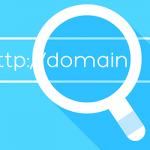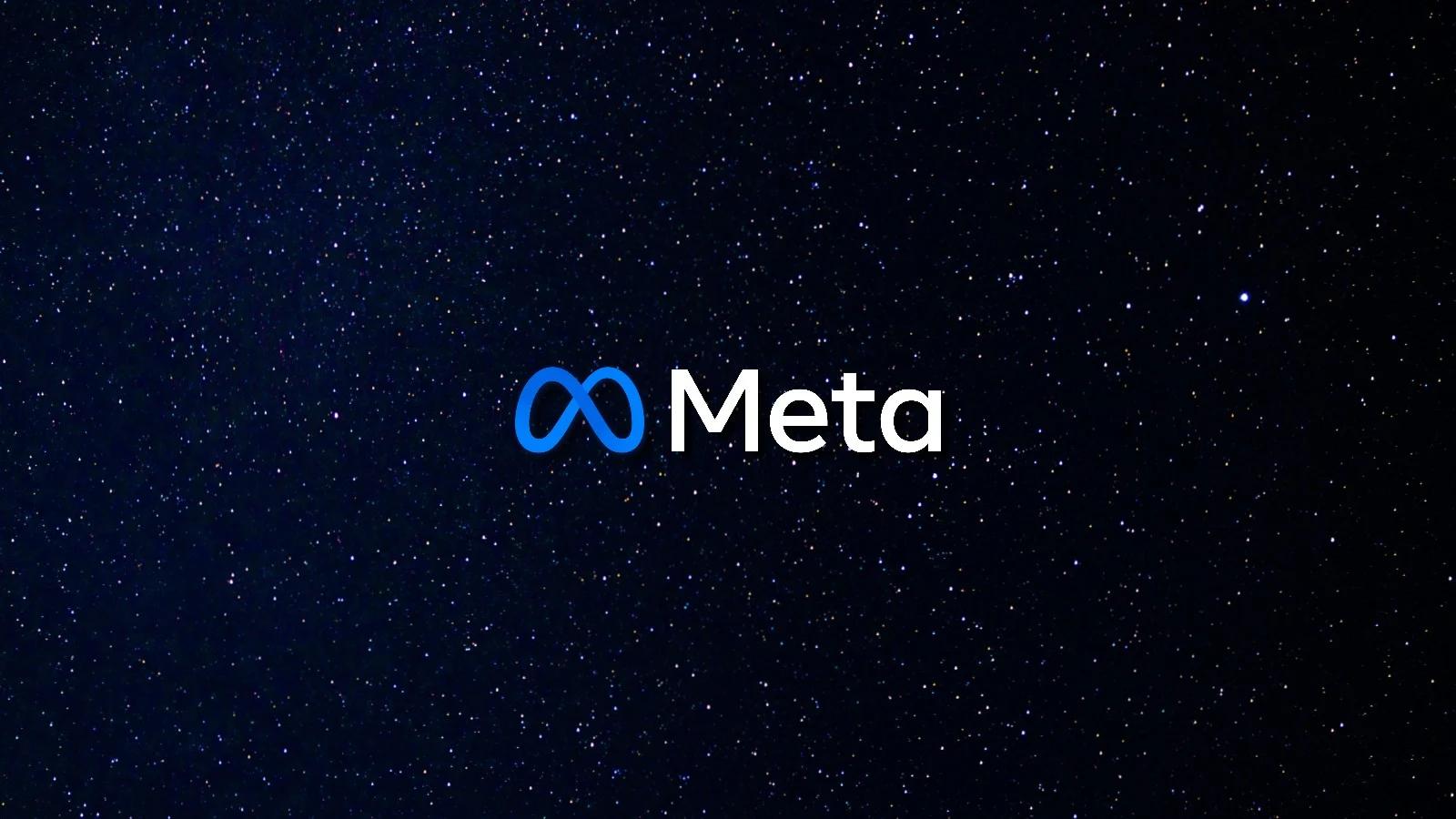The World Bank today issued a statement urging companies and governments to strengthen their systems not only to make better use of data but to prevent it from being misused or, highlighting the need for regulations because “strengthening cybersecurity and protecting personal data it is essential to generate trust ”. According to the Bank, a global survey of 80 countries showed that only 40% had data regulation provisions based on best practices, including less than a third of low-income countries, “although many of them are beginning to adopt them”. The more the data is used, the greater the potential for its misuse, says the bank’s statement.
This is the full statement:
“The World Bank is proposing new, more robust national data systems in order to realize the full potential of the data revolution to transform the lives of the poorest people.
From the information collected in household surveys to the pixels captured by satellite images, the data can subsidize public policies and stimulate economic activity, serving as a powerful weapon in the fight against poverty. More data is available today than at any other time in history; however, its value remains largely untapped, according to the new 2021 World Development Report: Data for a better life. Data can also be a double-edged sword and, therefore, require a social contract that builds trust, protects people against misuse and damage and works in ways that provide equal access and representativeness.
“The data offers enormous potential for creating value by improving public programs and policies, boosting economies and empowering its citizens. The point of view of poor people has been left out of these global debates on data governance and needs to be heard urgently, ”said David Malpass, President of the World Bank Group. “Low-income countries tend to be at a disadvantage due to the lack of institutions, autonomy in decision-making and financial resources, which delays their effective implementation and the efficiency of data systems and their governance structures. International cooperation is necessary to harmonize regulations and coordinate the police so that the value of the data is used to the benefit of all, as well as to subsidize our efforts towards a green, resilient and inclusive recovery.
The data collected for public or commercial purposes, by traditional or modern methods, are being used, combined and reused in ways that benefit more people and provide more accurate information.
Improved data extends the ability of governments to set priorities and target resources more efficiently. In Kenya, for example, social media and cell phone data, as well as digitized official reports on traffic accidents in Nairobi, made it possible to identify the most dangerous roads and helped save lives thanks to improvements in traffic safety. The private sector is using data to improve the performance of platform-based companies, which, in turn, drive economic growth and generate international trade in services. In Haiti, technology has helped mango producers to trace their production to the final consumer, eliminating many intermediaries and allowing them to keep a greater share of the profit.
Innovative data methods are also empowering people to make better decisions and leading to improvements in public service. In India’s Tamil Nadu state, the World Bank supported the development of tools that help address data literacy challenges. Through these tools, the preferences expressed by the population are readily digitized and help to guide community debates and define their priorities.
“The combination of data from various sources can promote evidence-based policy making through more accurate and timely statistics,” said Carmen Reinhart, chief economist at the World Bank Group. “Covid-19’s adverse effects were felt unevenly. Innovative uses of data offer new opportunities to understand the spread of the disease, evaluate policies to mitigate it and target government resources to the people most in need. ”
Covid-19 dramatically highlighted the opportunities and challenges associated with new data uses. Countries reused cell phone data to monitor the virus – but had to offer protection against data misuse. The abrupt transformation to the virtual world also exposed the digital divide between those who have access to technology and those who do not. This reminds us of the need to work to ensure more equitable access to cell phones and the internet for the poorest people and in low-income countries. Initiatives aimed at containing the virus have made it difficult to collect basic data in several countries, highlighting the need for investments in infrastructure, data systems and statistical capacity.
However, the more the data is used, the greater the potential for its misuse. Meticulous design of regulations to strengthen cybersecurity and protect personal data is essential to build trust. In a global survey of 80 countries, only 40% had data regulation provisions based on best practices; including less than a third of low-income countries, although many of them are beginning to adopt them.
Meticulous design of regulations to strengthen cybersecurity and protect personal data is essential to build trust. In a global survey of 80 countries, only 40% had data regulation provisions based on best practices; including less than a third of low-income countries, although many of them are beginning to adopt them.
Despite all the data’s potential for development, the benefits of the global data system are, for the time being, aimed only at the wealthiest. It is, therefore, a priority to improve the representativeness of marginalized people and their broad access to data. In sub-Saharan Africa, digital connectivity is limited and the modern infrastructure for exchanging, storing and processing data is insignificant in low-income countries. These countries are also at a competitive disadvantage when it comes to taking advantage of the economic benefits generated by companies based on data platforms.
The report recognizes the diversity of views in relation to the data and the political environment of uncertainties. To reap the full benefits of data and create opportunities for all, renewed efforts are needed to improve data governance in each country, as well as closer international cooperation. Inaction is costly and leads to lost opportunities and increased inequality. Forging a new social contract on data – based on the principles of value, trust and equity – will make all the difference ”.
With international news agencies
See the original post at: https://www.cisoadvisor.com.br/banco-mundial-conclama-paises-a-fortificarem-os-seus-sistemas/?rand=59039























